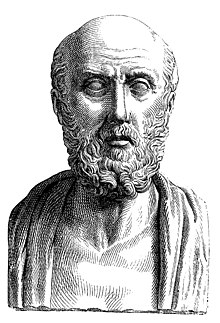
Back Hippokratiese eed Afrikaans قسم أبقراط Arabic قسم ابقراط ARZ হিপ'ক্ৰেটিছৰ শপত Assamese Hippokrat andı Azerbaijani Клятва Гіпакрата Byelorussian Клятва Гіпакрата BE-X-OLD Хипократова клетва Bulgarian হিপোক্রেটিসের শপথ Bengali/Bangla Le Hippokrates Breton

The Hippocratic Oath is an oath of ethics historically taken by physicians. It is one of the most widely known of Greek medical texts. In its original form, it requires a new physician to swear, by a number of healing gods, to uphold specific ethical standards. The oath is the earliest expression of medical ethics in the Western world, establishing several principles of medical ethics which remain of paramount significance today. These include the principles of medical confidentiality and non-maleficence. As the foundational articulation of certain principles that continue to guide and inform medical practice, the ancient text is of more than historic and symbolic value. It is enshrined in the legal statutes of various jurisdictions, such that violations of the oath may carry criminal or other liability beyond the oath's symbolic nature.
The original oath was written in Ionic Greek, between the fifth and third centuries BC.[1] Although it is traditionally attributed to the Greek doctor Hippocrates and it is usually included in the Hippocratic Corpus, some modern scholars do not regard it as having been written by Hippocrates himself.
- ^ Edelstein, Ludwig (1943). The Hippocratic Oath: Text, Translation and Interpretation. Johns Hopkins Press. p. 56. ISBN 978-0-8018-0184-6.